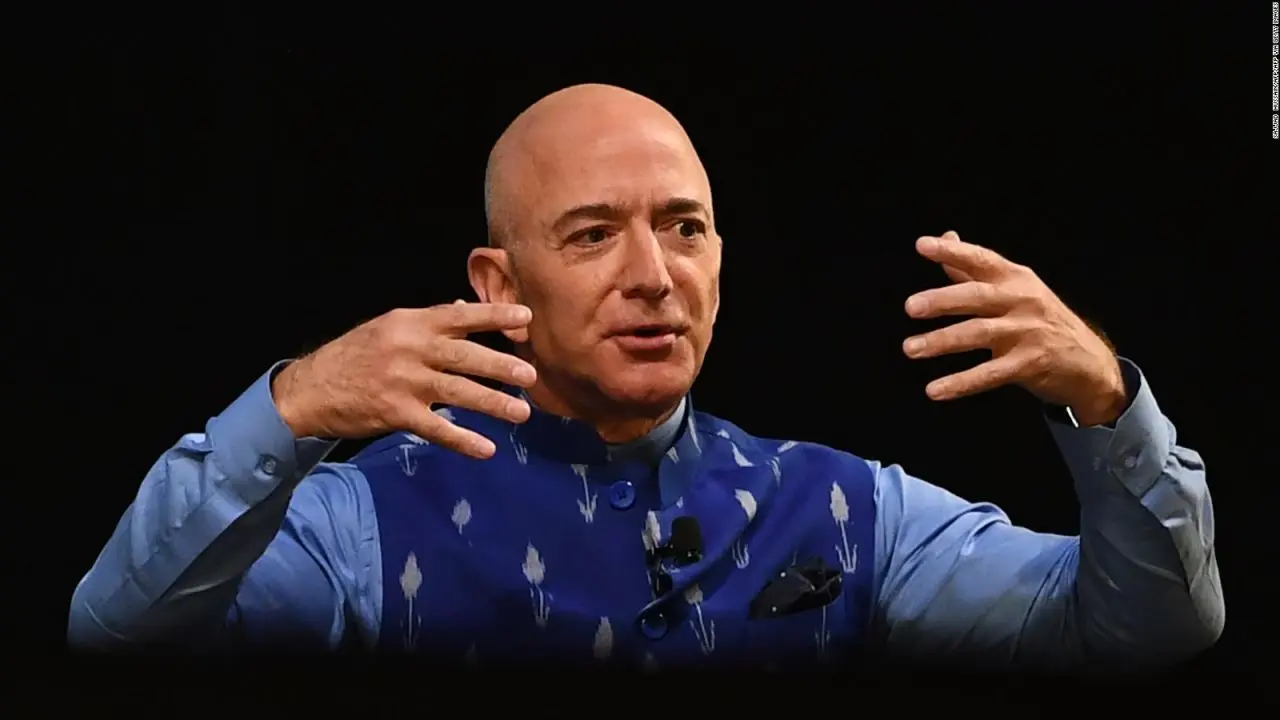Jeff Bezos has decided to get his hands dirty again. According to a report from The New York Times, the founder of Amazon is moving from the boardroom to the operational front as co-CEO of Project Prometheus, an artificial intelligence startup focused on the physical world that, mind you, has raised $6.2 billion before showing its first product. Coincidence or a declaration of intent? Everything points to the latter.
What is Project Prometheus aiming for?
The company itself defines its mission as “AI for the physical economy,” a simple phrase that, however, draws a clear line with chatbots and content generators: here the ambition is to build models capable of understanding, simulating, and optimizing how the real world works, from aeronautics and automotive to computing and energy. In other words, it’s about moving from predicting the next word to predicting the next behavior of a part, a robot, or a turbine — something that resembles the world of digital twins more than a chat window.
This bet is not a magnate’s whim nor a lab experiment. Bezos shares the helm with Vik Bajaj, a veteran who helped build Google’s life sciences division and co-founded Verily, as well as having driven Foresite Labs before focusing full-time on Prometheus. The hire is not incidental: it indicates the goal is to tackle first-order industrial problems where engineering, data, and a lot of shop-floor sweat converge.
The team reinforces that reading. Prometheus already has nearly 100 employees and has attracted top-tier talent from Meta, OpenAI, and Google DeepMind. It also operates on the same frontier as other niche players, like Periodic Labs, that are looking for AI that models reality with physical precision. Imagine models that not only learn from text but from sensors, CAD, and industrial telemetry, and then run with low-level acceleration like CUDA to iterate designs, test them virtually, and push them to production with less friction.

The context helps. If the last cloud revolution was led by AWS standardizing how we deploy compute, storage, and data, the next could be defined by tools that design, verify, and validate physical products before they touch a production line. On that board, the combination of capital, talent, and operational push is key, and Prometheus has started with all three. In fact, the amount of pre-product funding suggests investors buy the thesis that the major advances in AI will not be decided only in the browser, but in factories, labs, and workshops.
Bezos returns to operator mode
Since he stepped down as Amazon CEO in 2021, Bezos remained executive chairman, influencing big strategic moves without taking the wheel day to day. With Prometheus, however, he leaves the advisory role to operate a company directly again, something he hasn’t done in years. And he does it in an area where his experience scaling infrastructure and processes could make a difference, because industrial AI not only demands powerful models, it also requires well-tuned supply chains, security, regulatory compliance, and deep relationships with traditionally conservative sectors.
The race is on. After Prometheus’s existence became public, Elon Musk reacted with a “Haha no way, copy 🐈,” a barb that, beyond the tone, underlines the competitive tension in a space where Musk plays with Tesla, Optimus, SpaceX robotics, and xAI. It’s not mere posturing: major tech leaders believe their vision of AI will be dominant, and in the physical economy the winner takes much more than bragging rights.
Prometheus’s approach aims to build systems that help create things, design them, and test them with shorter learning cycles, which over time could reconfigure entire industries. If they succeed, it will change how we conceive complex products, from a satellite to a power line, with an impact that goes beyond NLP benchmarks and lands on stubborn variables like unit cost, validation times, and manufacturing tolerances.
Now, this isn’t the time to oversell: there is still no public product, so it remains to be seen whether this bet becomes the next AWS-scale success or Bezos’s most ambitious experiment. What is clear is the seriousness of the move: an elite team, unprecedented funding, and a mission that looks at the very foundations of industrial innovation. Will Prometheus be the one to spark the flame that takes AI from the whiteboard to the lathe? The race is already underway and, this time, it seems the stage will not be the consumer internet, but machines, labs, and factories where every iteration counts.

